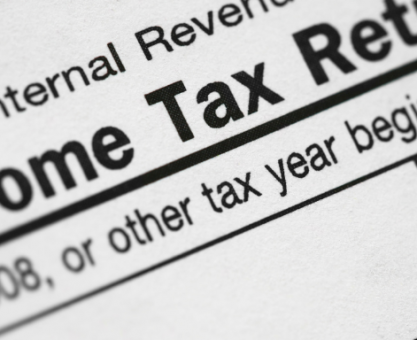Executive Summary
-
Worldwide governments are tightening cryptocurrency regulations, impacting investors and traders.
-
In 2025, new tax laws will require greater transparency and reporting from crypto holders.
-
Understanding these changes will be crucial for compliance and optimizing your tax strategy.
-
This article outlines the key changes, benefits, risks, and expert insights on navigating the evolving crypto tax landscape.
Introduction
Cryptocurrency’s meteoric rise has caught the attention of regulators globally, leading to new challenges for investors and traders. As digital assets become mainstream, governments are implementing new tax laws to ensure compliance and transparency. For crypto enthusiasts, understanding these changes is crucial to avoid hefty penalties and optimize investment returns. This article explores what to expect from the new crypto tax laws in 2025 and how you can prepare.
Definitions / Context
Cryptocurrency tax laws refer to government-imposed regulations that define how digital asset transactions are reported and taxed.
-
Cryptocurrency: Digital or virtual currency that uses cryptography for security, operating independently of a central bank.
-
Tax Compliance: Adhering to tax laws and regulations, reporting income, and paying taxes owed.
Benefits / Pros
-
Increased Legitimacy: New tax laws lend legitimacy to cryptocurrencies, encouraging wider adoption.
-
Enhanced Investor Protection: Clear regulations protect investors from fraud and market manipulation.
-
Potential Tax Benefits: Understanding tax implications can lead to strategic tax planning and potential deductions.
Risks / Cons / Challenges
-
Complex Compliance Requirements: Navigating the intricate regulations can be daunting.
-
Increased Reporting Obligations: Crypto investors may face more stringent reporting requirements.
-
Legal Penalties: Non-compliance can lead to severe financial penalties and legal issues.
Step-by-Step Process
How to Ensure Compliance with New Crypto Tax Laws
-
Stay Informed: Regularly update yourself with the latest tax regulations regarding cryptocurrencies.
-
Maintain Detailed Records: Keep comprehensive records of all transactions, including dates, amounts, and counterparties.
-
Consult a Tax Professional: Engage with a tax advisor specializing in cryptocurrency to navigate complex regulations.
-
Utilize Tax Software: Use specialized crypto tax software to automate calculations and reporting.
John, a seasoned crypto investor, anticipated the 2025 tax law changes by consulting with a crypto tax expert and adopting tax software. By meticulously organizing his transaction records and understanding the new tax implications, he optimized his tax strategy, reducing his liabilities and ensuring full compliance.
Case Study: John’s Crypto Journey
Expert Tips / Strategic Insights
-
Epiidosis recommends: Engaging with a crypto tax advisor early to understand your specific tax obligations.
-
Leverage Tax-Loss Harvesting: Offset gains with losses by strategically selling underperforming crypto assets.
-
Regularly Review Portfolio: Assess your crypto holdings annually to ensure alignment with tax strategies and compliance.
Tools / Resources / Calculators
-
CoinTracking: A comprehensive tool for tracking crypto transactions and calculating taxes.
-
IRS Cryptocurrency Guidance: Official guidelines for U.S. tax reporting of cryptocurrencies.
-
CryptoTaxCalculator: Simplifies crypto tax calculations and reporting.
Conclusion
Navigating the evolving landscape of crypto tax laws in 2025 is crucial for investors and traders. By understanding the new regulations, maintaining meticulous records, and seeking expert advice, you can ensure compliance and optimize your tax strategy. Stay informed and proactive to turn these changes into opportunities for your crypto investments.

















